
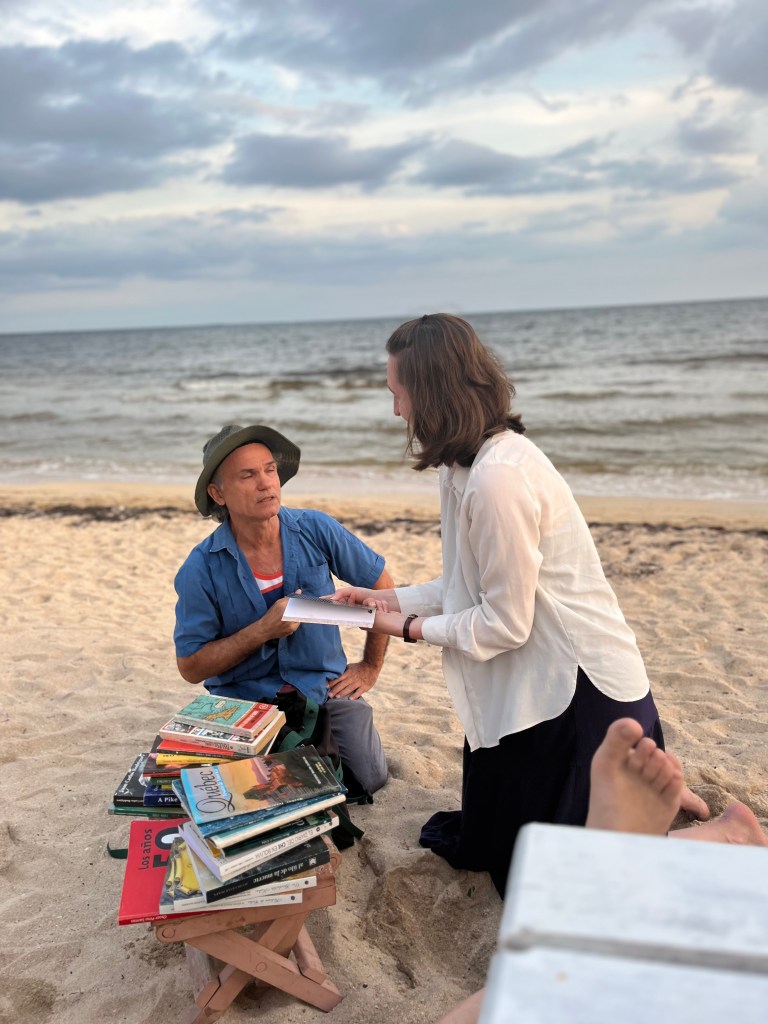
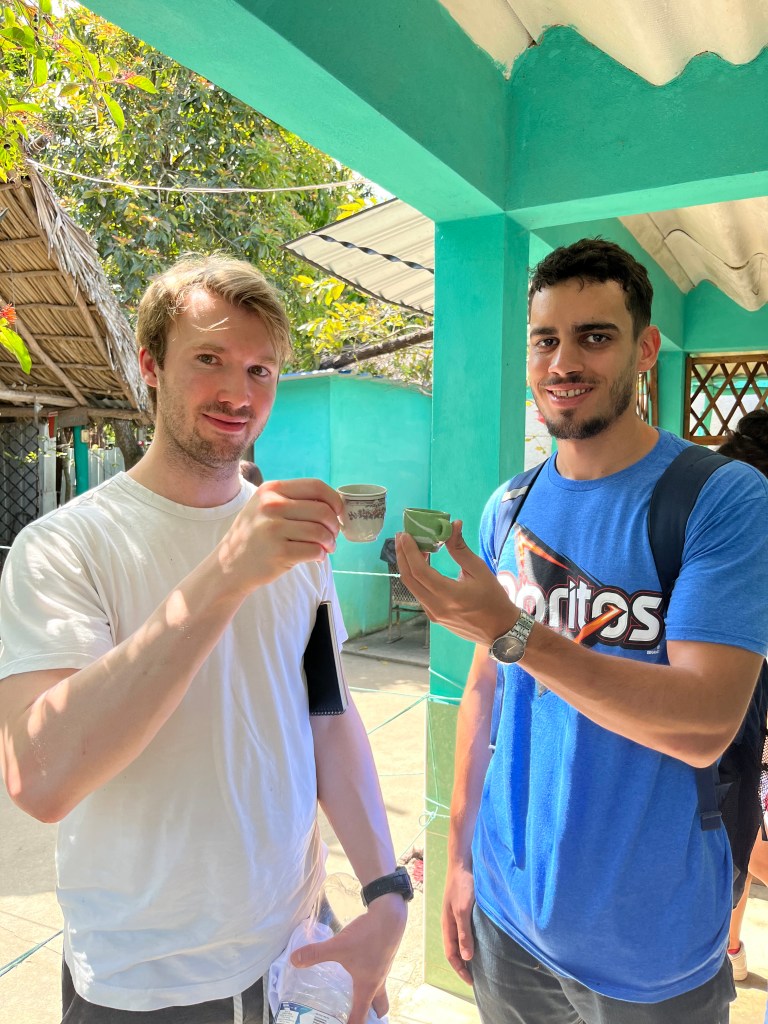
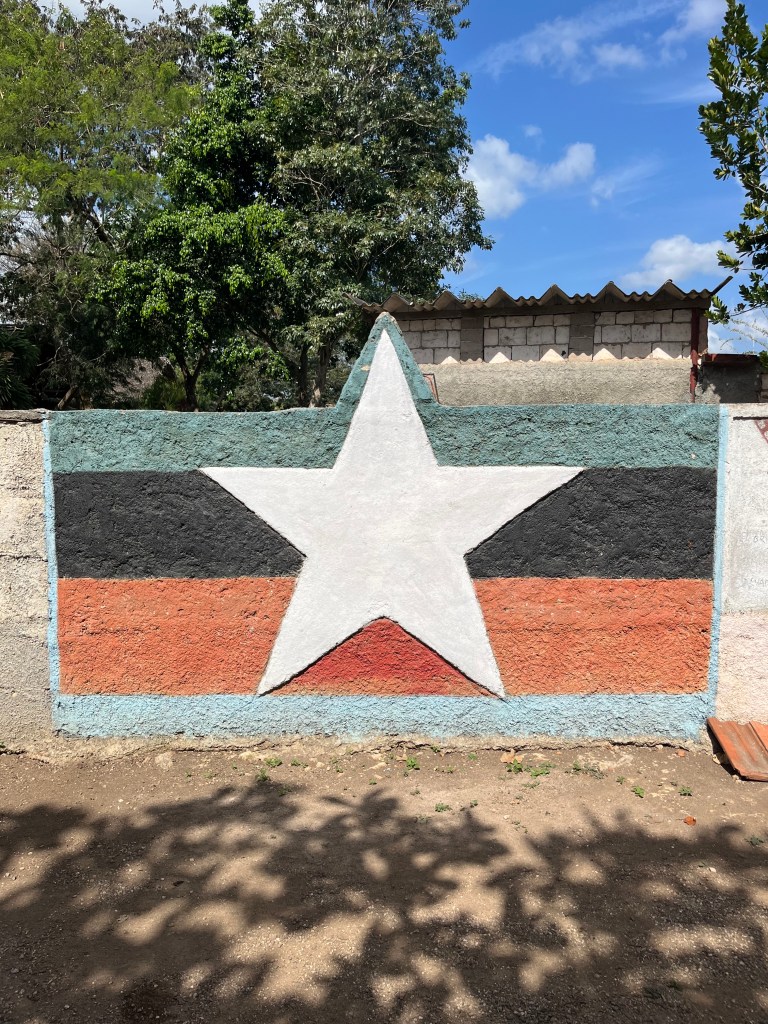



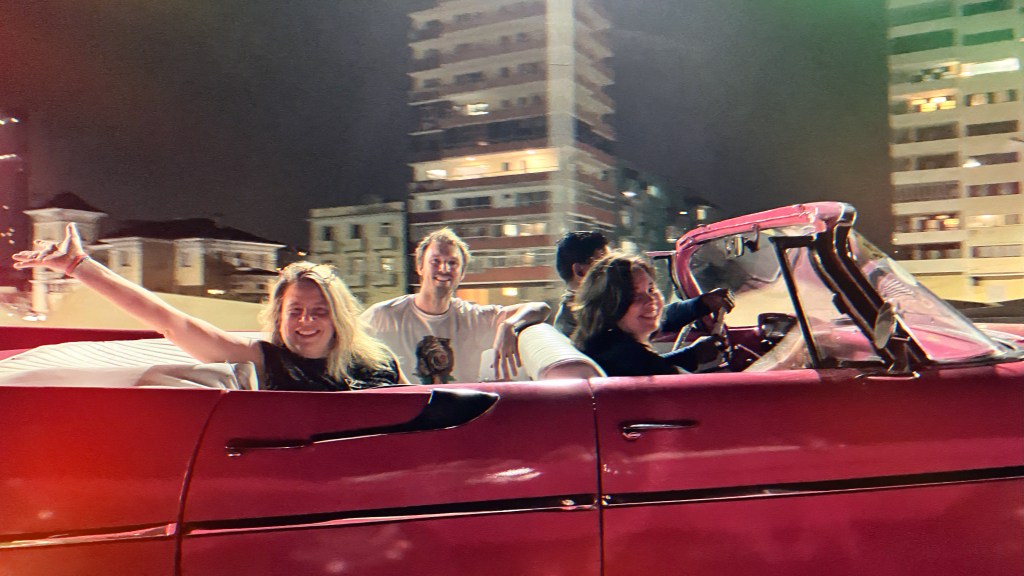
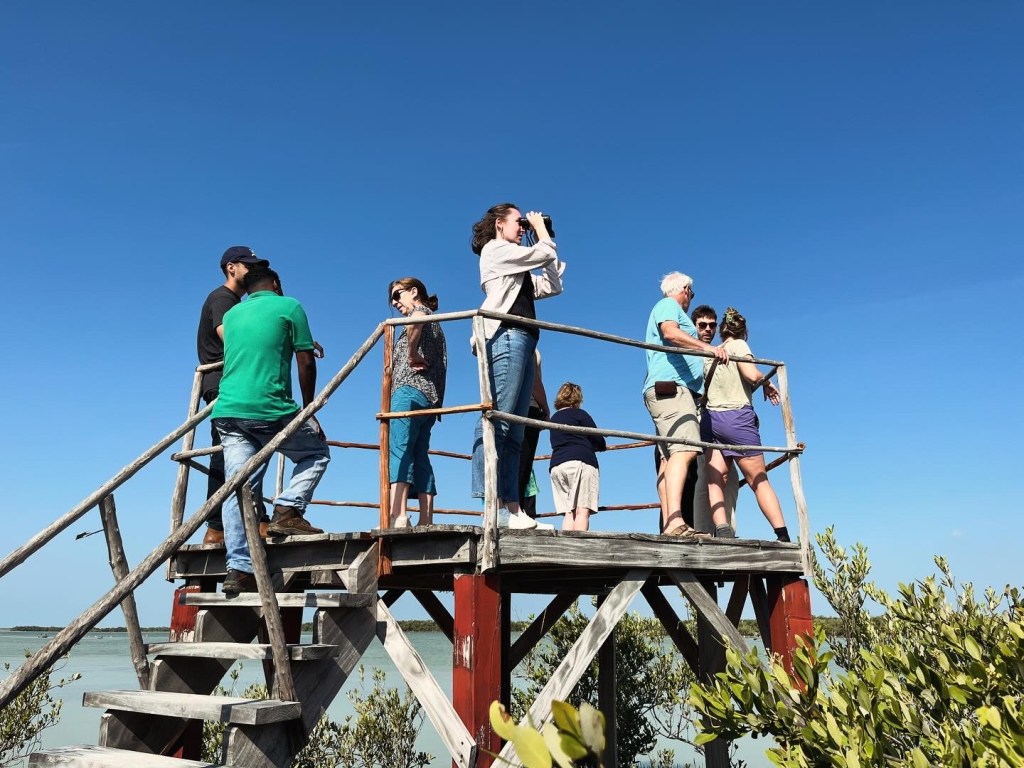
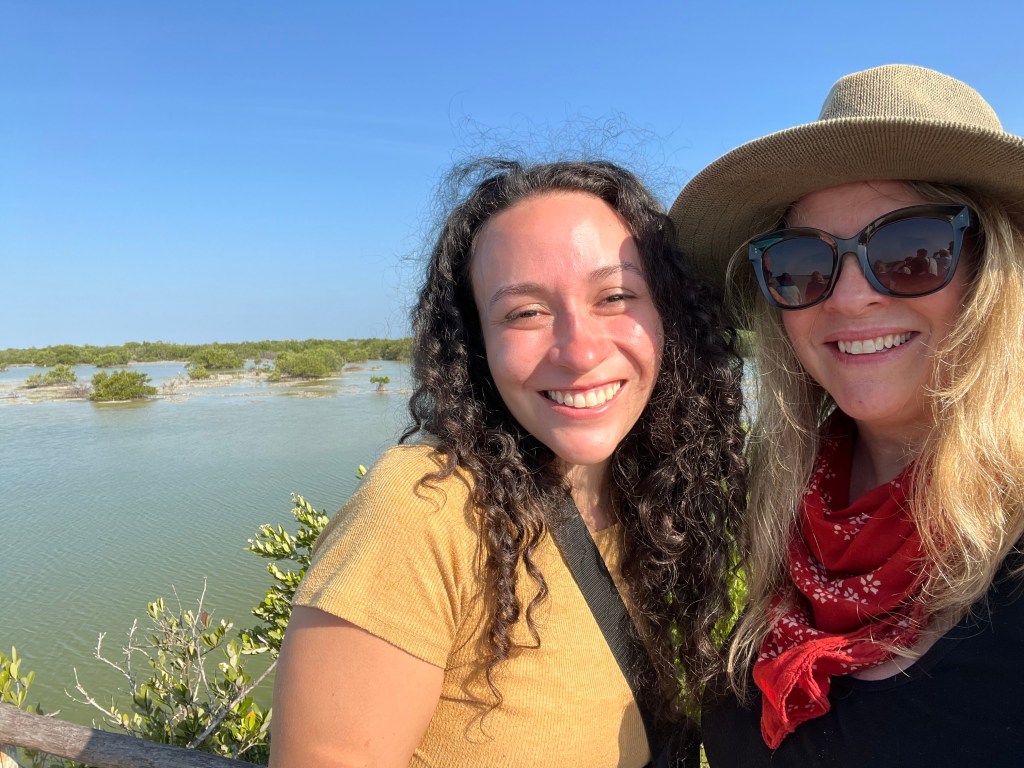
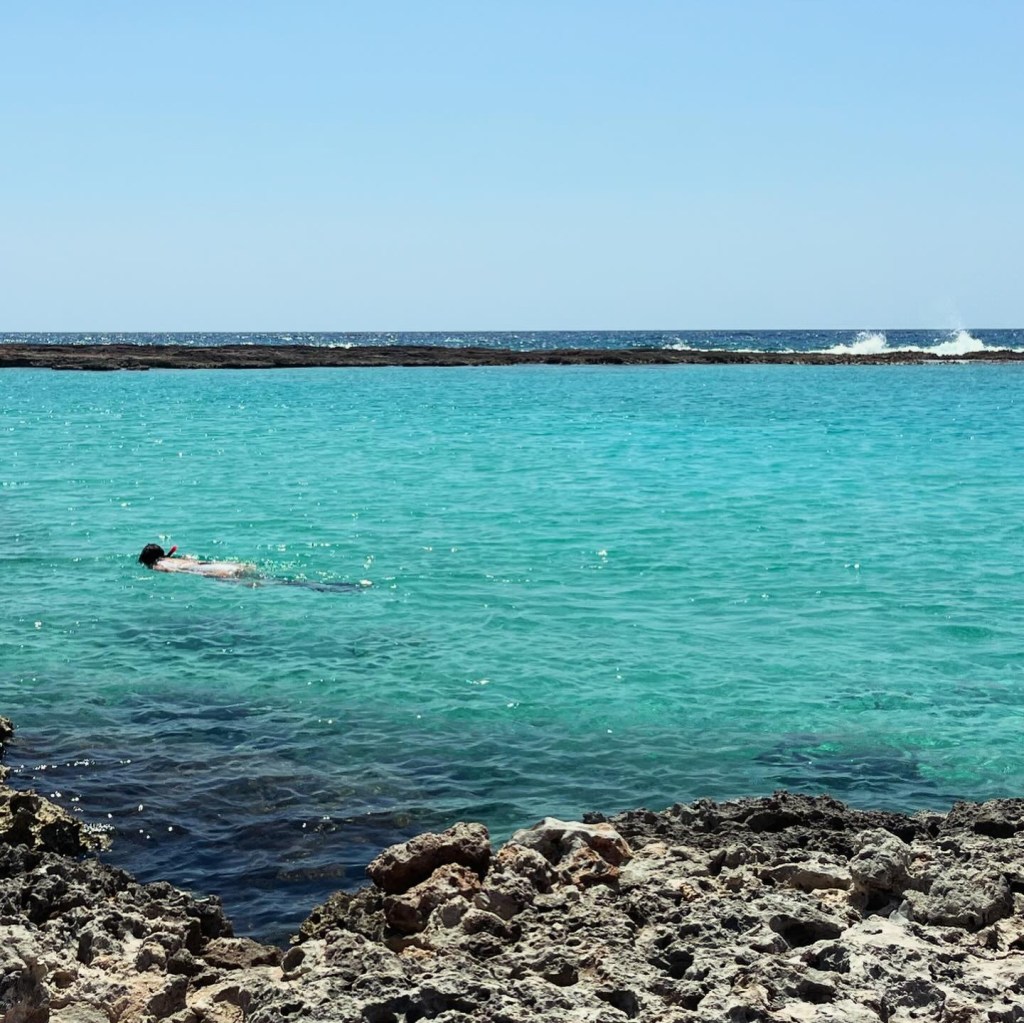



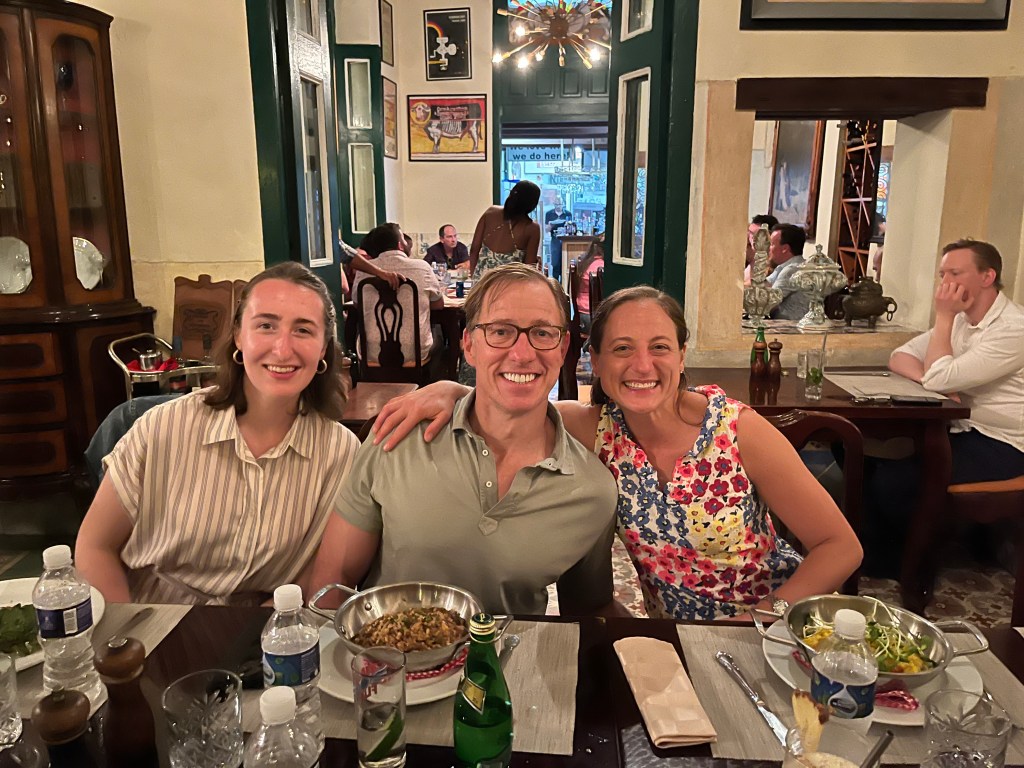
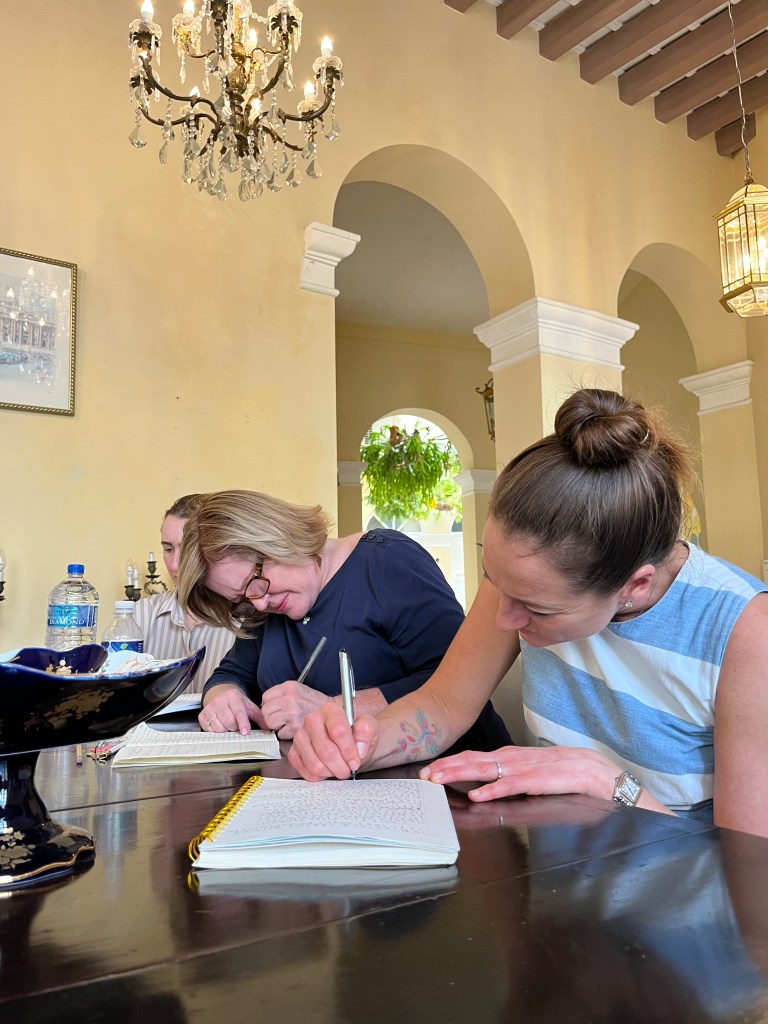
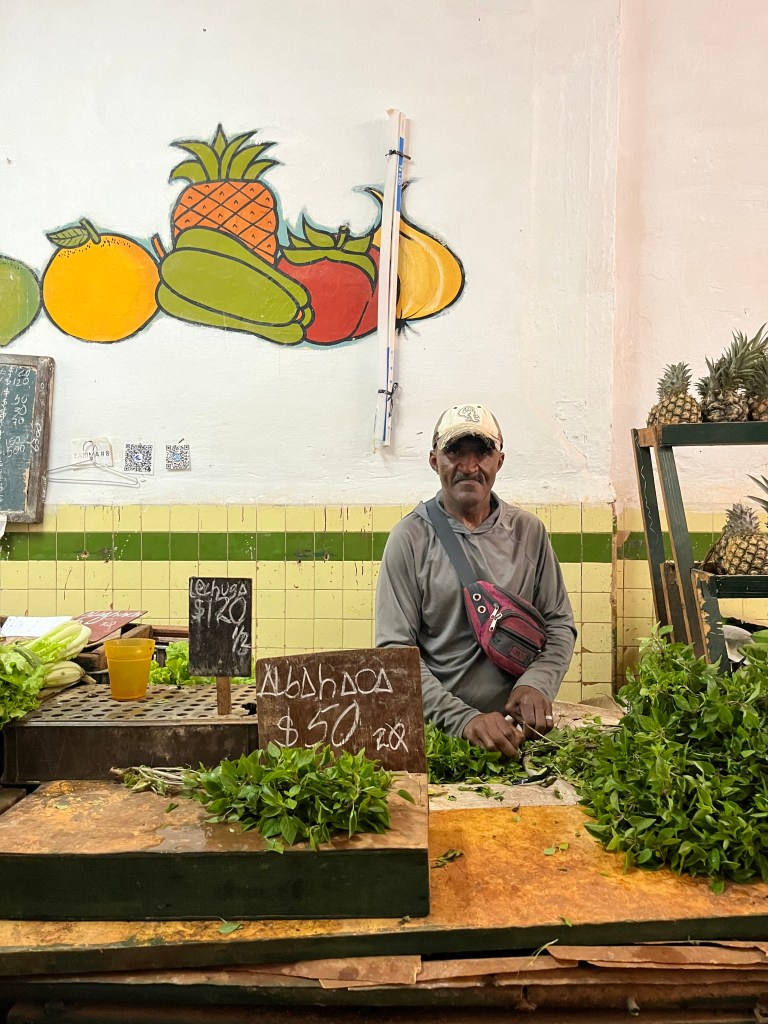
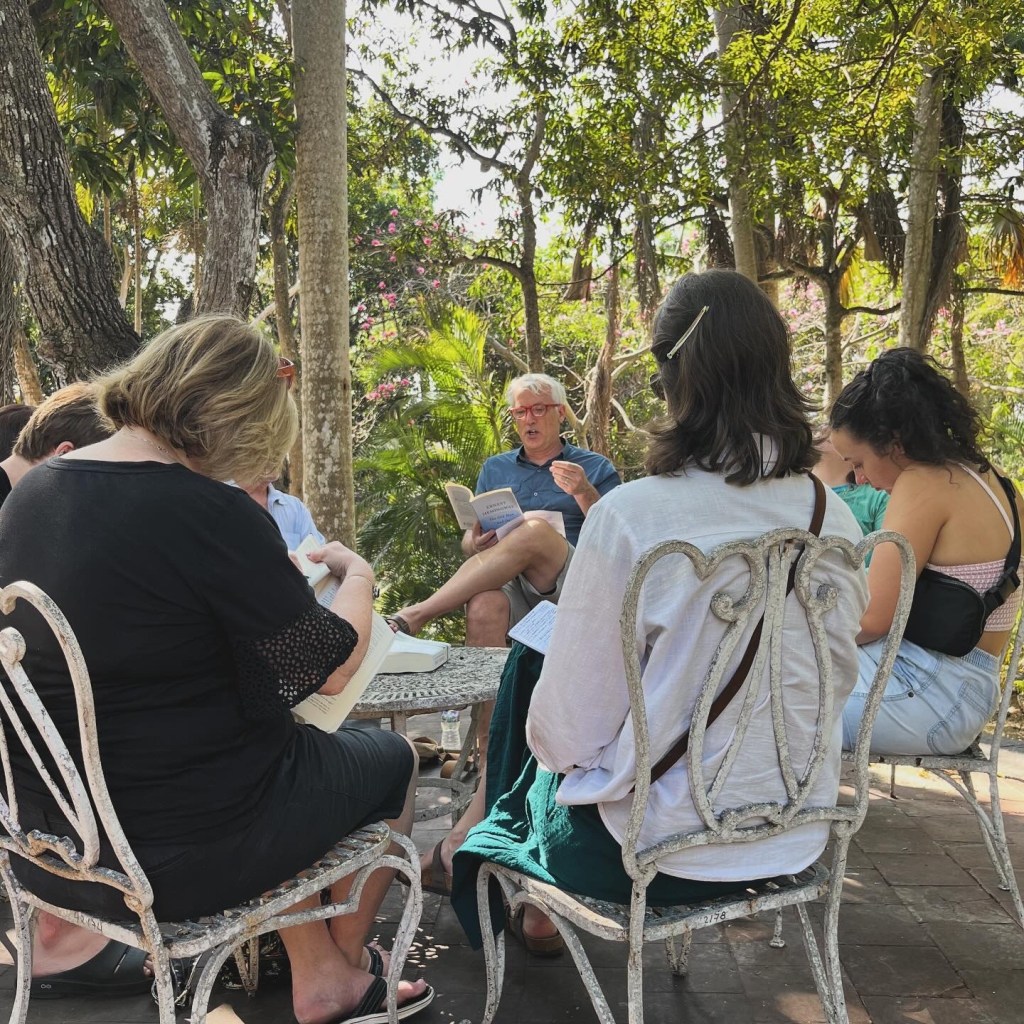
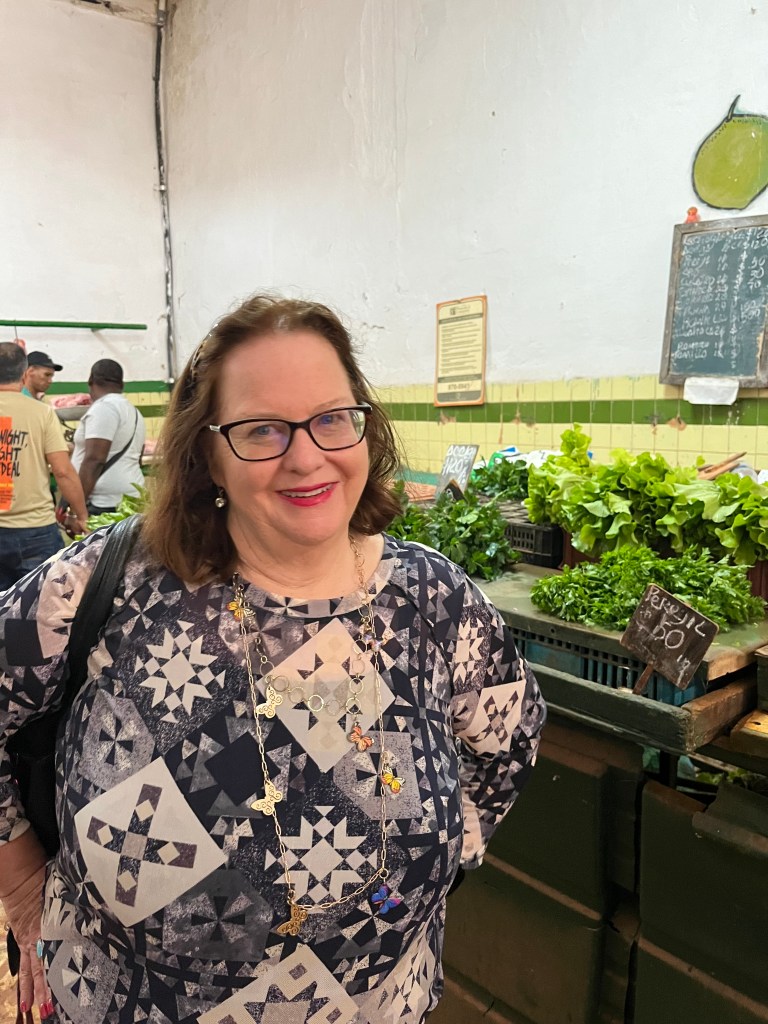

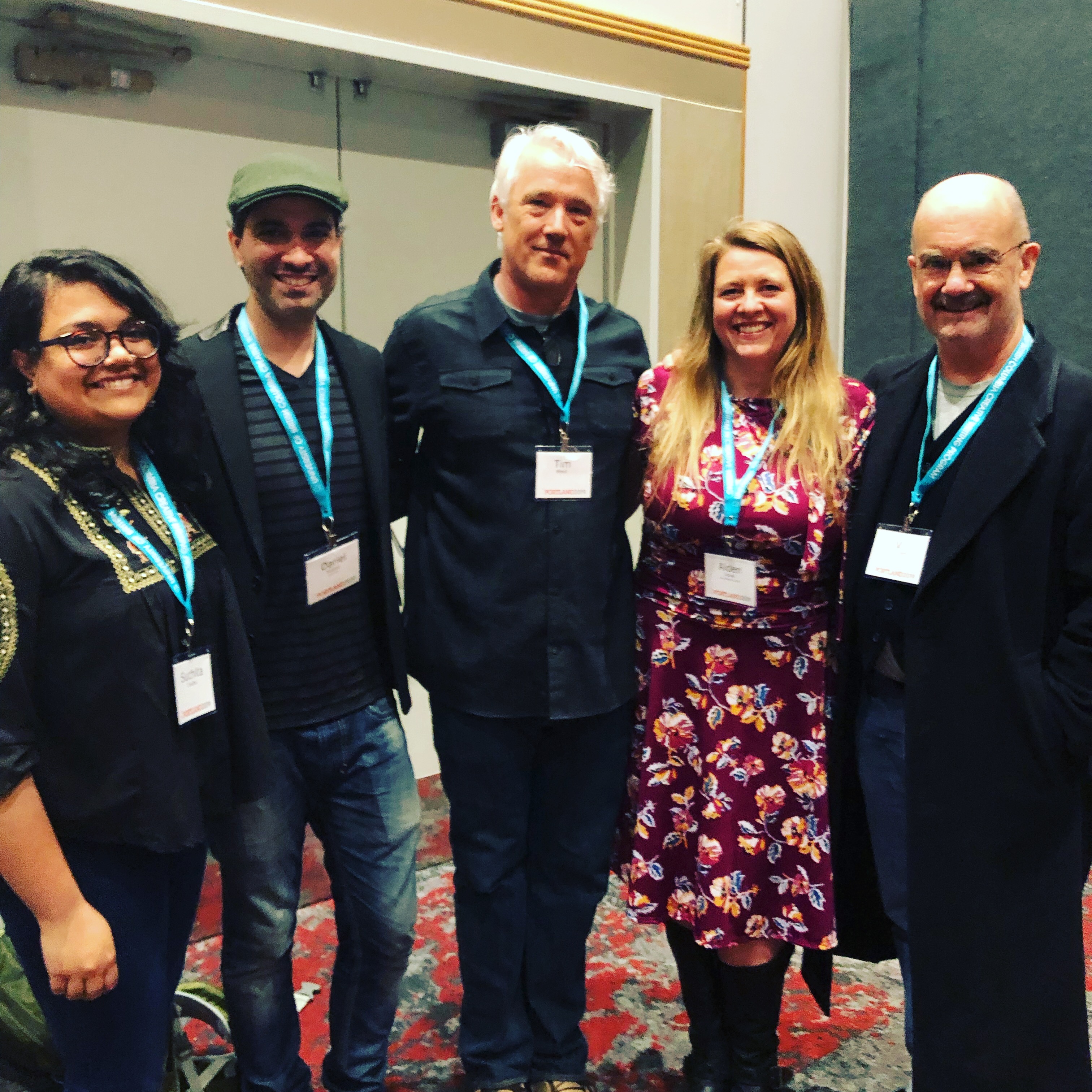
At the Associated Writers Program Conference in Portland, OR, Cuba Writers Program faculty and alumni reading and discussion
Thank you for your interest in the Cuba Writers Program, running this May 2-10 in Havana and beyond. Award-winning travel and fiction writers Tim Weed and Alden Jones offer daily writing workshops in fiction, nonfiction, and poetry in combination with active exploration of Cuba, including visits with writers living on the island; daily adventures in Havana; studio visits with visual artists, dancers, and musicians; an excursion to Ernest Hemingway’s immaculately preserved home; dining at some of Havana’s best paladars; and taking advantage of the events happening during the week. This year we overlap with the Havana Art Biennial, during which the city of Havana is overtaken by public art. Our excursion this year is to Playa Larga, one of the most beautiful spots on the island. Click on the links above to learn more!
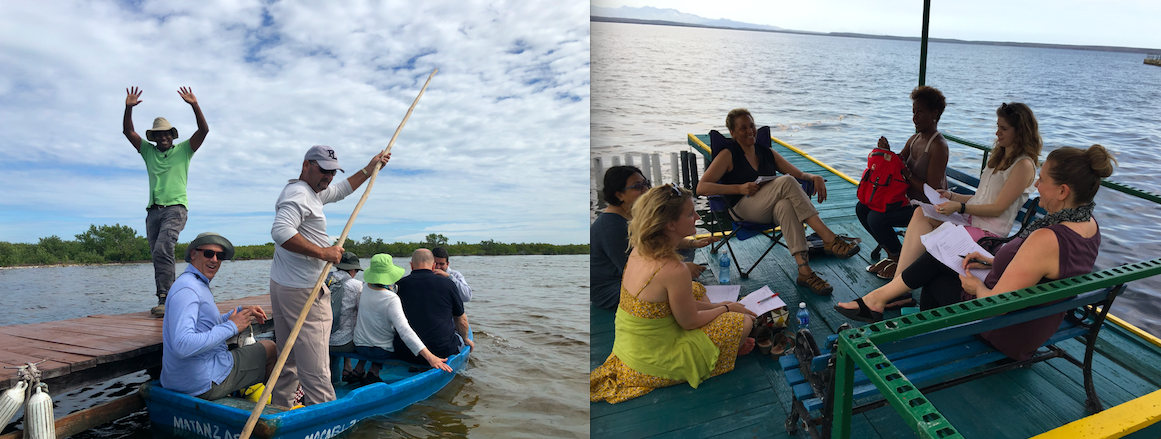
Applications for the 2019 Cuba Writers Program are currently being accepted. Learn how to apply!
Our 2019 excursion is to Playa Larga, where we will spend 3 nights in beachside casas particulares.

“Seeing Cuba through the lens of the Cuba Writers Program was nothing short of a revelation. The itinerary was incredibly well plotted, starting on the first full day with an overview of Old Havana’s cobbled streets, then dipping into the political, cultural and literary with the lectures, workshops, and visits to artists’ studios, art and music schools, and so much more. It was a wonderful balance of a wide view and close up, and I left feeling like I started to get to know Cuba in a way I never would have without such careful plotting. Thank you Tim and Alden for so generously providing your knowledge and spirit over an incredibly rich and inspiring 8 days!” Jean Victor, California
Join us for 8 days in Havana and beyond, May 2-10, 2019. Workshops with Tim Weed and Alden Jones, and the unparalleled lectures of Cuban culture expert Tim Weed. Email us at cubawriters [at] gmail [dot] com with questions or to apply.

Thanks to V. Hansmann and the Cornelia Street Cafe for hosting the Cuba Writers Program faculty reading. So great to see so many members of the CWP family!

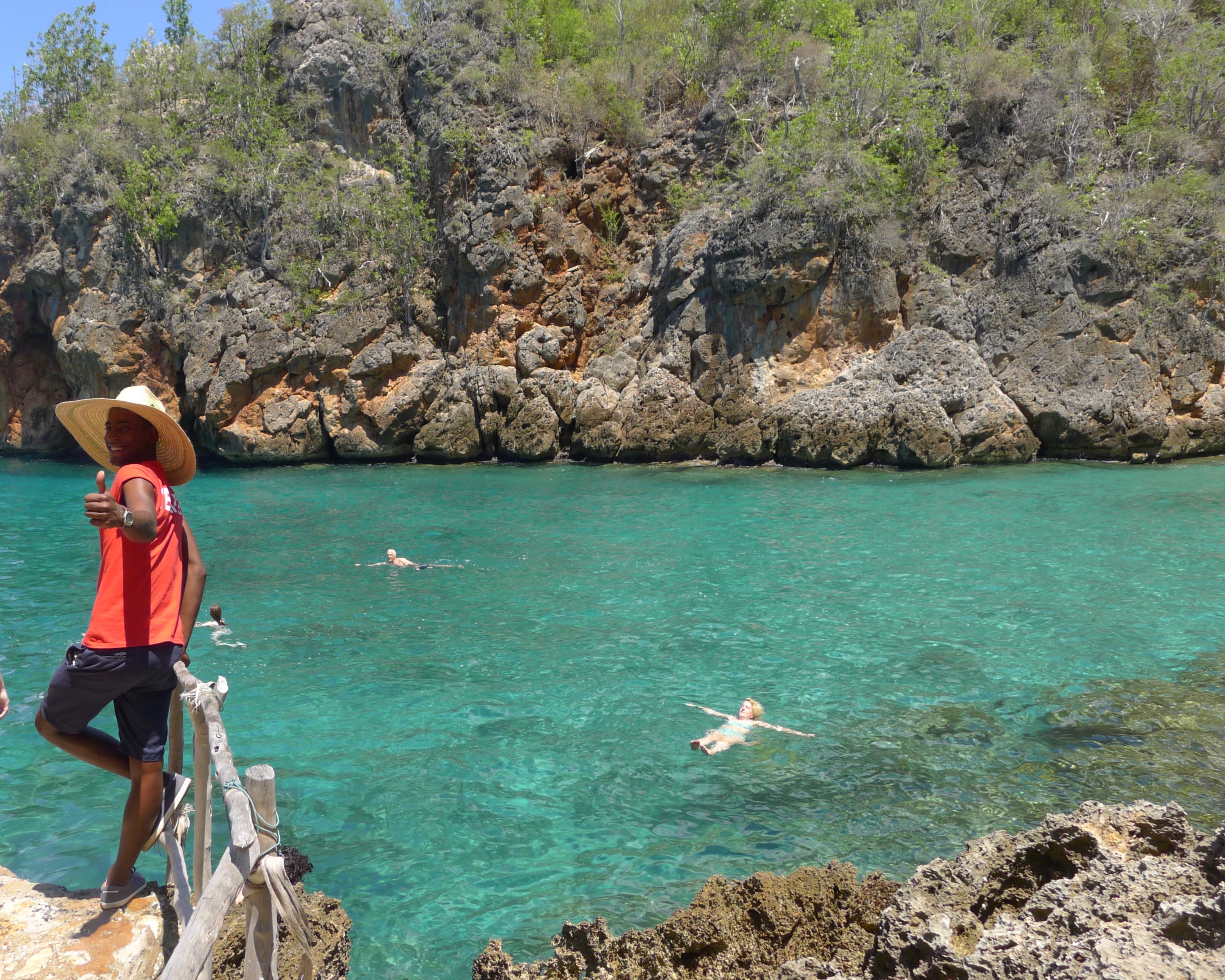

We are thrilled to announce our 2017 dates and call for applications!
Come join us in Cuba April 27-May 5 for the second Cuba Writers Program.
Click on the above links to learn more.